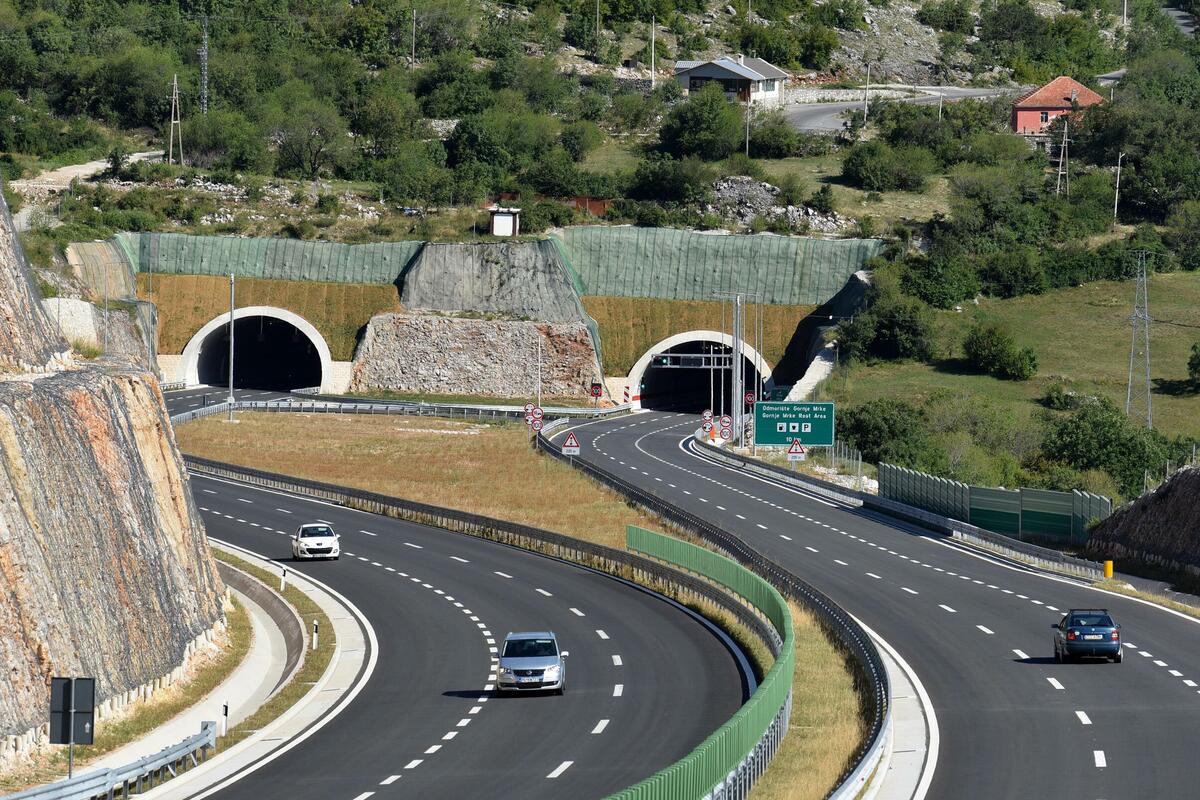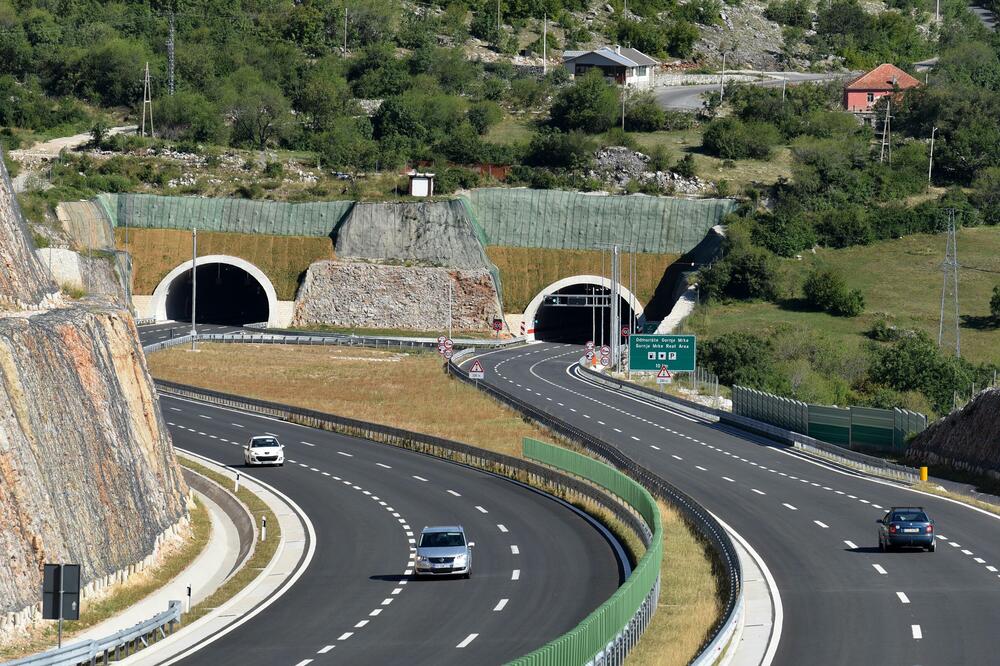Montenegro is gradually progressing in improving its railway sector and developing the transport network in line with European regulations and EU standards, according to a report by the Transport Community. Significant advancements have been made in railway infrastructure, road safety, and traffic facilitation, while progress in water transport remains slow. Montenegro has adopted new laws and institutionally strengthened the railway sector, but further investment is needed in passenger rights and infrastructure modernization. Compared to the region, Montenegro is among the leading countries in aligning with EU standards, especially in the railway sector, but still faces challenges in implementing measures for water transport and passenger services. Continued reforms, investments in safety and infrastructure, and enhanced regional cooperation in transport are recommended.
Political Perspectives:
Left: Left-leaning reports emphasize the importance of regional cooperation and sustainable development in Montenegro’s transport sector. They highlight the need for continued investment in public infrastructure, social aspects such as passenger rights, and environmental considerations, especially in water transport. The narrative supports EU integration as a means to improve social welfare and environmental standards.
Center: Center-leaning coverage focuses on the factual progress Montenegro has made in aligning its transport sector with EU standards, noting the percentages of implementation in various areas. It stresses the importance of institutional reforms, legal harmonization, and infrastructure projects, presenting a balanced view of achievements and remaining challenges without strong political bias.
Right: Right-leaning narratives may emphasize the economic and strategic benefits of opening Montenegro’s transport markets, including the introduction of private railway operators and infrastructure investments. They might stress the importance of efficiency, market liberalization, and national sovereignty in managing transport reforms, while being cautious about the pace and cost of EU-driven regulations.




